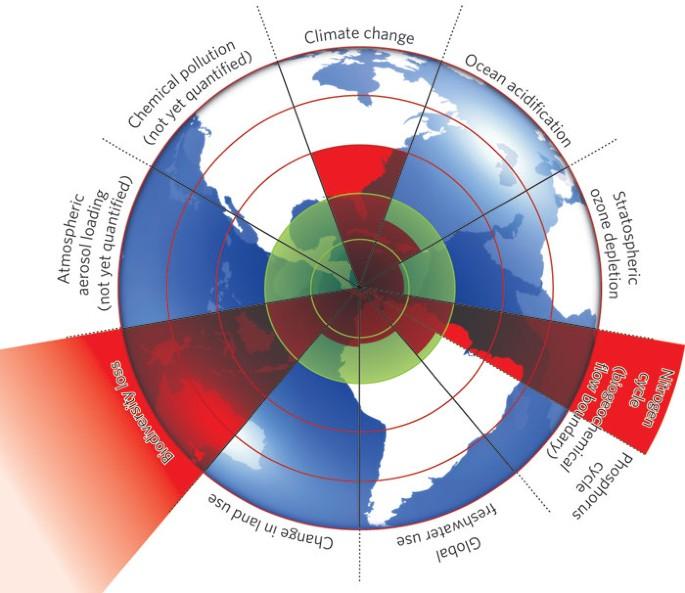Military Takeover Disrupts Mali’s Gold Sector, Triggering Global Market Uncertainty
Mali, recognized as the world’s second-largest gold producer, is currently grappling with a significant setback following the military junta’s seizure of several vital mining operations. This intervention has resulted in an estimated economic loss of approximately $1 billion and sent shockwaves through international gold markets. The upheaval raises serious concerns about investment security in a region pivotal to global gold supply chains. This analysis explores the far-reaching implications for Mali’s economy, the future outlook of its mining industry, and the broader effects on worldwide gold trade amid escalating political instability.
Global Supply Chain Vulnerabilities: How Mali’s Mining Crisis Impacts Gold Availability
The recent military actions disrupting Mali’s key mining sites have triggered alarm bells across global commodity networks. Armed groups’ control over strategic extraction points threatens to curtail production volumes essential for numerous industries worldwide.
Accounting for nearly 20% of Africa’s total gold production, Mali plays an indispensable role in supplying raw materials critical not only to traditional sectors like jewelry but also to advanced technologies including electronics and renewable energy components. The ongoing turmoil risks constricting supply lines, potentially sparking price hikes that ripple through various markets.
- Escalating Price Fluctuations: Anticipated shortages could push global gold prices upward sharply.
- Diminished Investor Confidence: Political unrest is deterring foreign direct investments crucial for sector growth across West Africa.
- Dwindling Government Revenues: Reduced mining activity threatens tax income streams vital for national development programs.
This disruption compounds existing geopolitical challenges faced by resource-dependent economies and may affect everything from smartphone manufacturing timelines to luxury goods availability internationally.
The Economic Fallout: Assessing the $1 Billion Impact on Mali’s Mining Industry
The military takeover has inflicted a severe financial blow estimated at around $1 billion, undermining one of Mali’s most important economic pillars. Mining contributes substantially to both GDP and employment; thus, this crisis jeopardizes long-term sector stability and community livelihoods tied closely to mineral extraction activities.
This sudden shift has heightened investor apprehension regarding regulatory unpredictability and operational hazards within Malian mines. Experts caution that without prompt governmental reforms aimed at stabilizing governance frameworks, capital inflows necessary for modernization efforts may dwindle further—exacerbating economic stagnation across related industries such as transportation services and equipment suppliers supporting mine operations.
The situation also highlights systemic governance weaknesses surrounding resource management transparency. To rebuild trust among stakeholders—including local communities affected by mining—several strategic initiatives have been proposed:
| Proposed Strategy | Description |
|---|---|
| Legal Framework Enhancement | Implement robust investor protection laws coupled with stringent transparency requirements throughout operational processes. |
| Community Engagement Initiatives | < td >Establish inclusive dialogue platforms between miners and indigenous populations addressing social concerns collaboratively.
A Strategic Path Forward: Revitalizing Stability Within Mali’s Gold Industry
This crisis underscores an urgent need for comprehensive policy responses focused on restoring equilibrium within one of Africa’s most critical extractive sectors.< / p >
< p >Central measures should include establishing consistent regulatory policies that protect investors while ensuring equitable distribution of benefits among local communities impacted by mining activities.< / p >
< p >Fostering cooperative partnerships involving government authorities , private companies ,and grassroots organizations can help mitigate tensions fueling conflict . Additionally , targeted infrastructure investments —such as upgrading logistics corridors near mines or expanding reliable power supplies —would improve operational efficiency , lower costs ,and create jobs benefiting regional economies .< / p >
< p >Developing effective crisis management frameworks will equip authorities with tools necessary for swift response during future disruptions , minimizing negative consequences . Collectively , these efforts aim not only at immediate recovery but also long-term resilience positioning Mali as a stable supplier within global precious metals markets .< / p >
Navigating Uncertainty: Prospects For Mali Amid Political Turmoil
The recent military intervention represents a defining moment filled with both challenges and potential opportunities if managed judiciously . As one of the world ’ s leading contributors supplying substantial portions toward international gold reserves , any disturbance resonates far beyond national borders . The $1 billion loss signals more than just financial damage; it calls into question governance models essential for sustainable resource utilization amid political flux.< / p >
< p >Moving ahead demands coordinated action among policymakers , industry stakeholders,and community leaders committed toward transparent communication alongside pragmatic reforms addressing underlying causes behind unrest . Global observers will be closely watching developments given their possible impacts spanning commodity pricing trends through investment flows affecting emerging African economies.< / p >
< p >Ultimately,Mali ’ s success in overcoming this turbulent phase will influence not only its own economic trajectory but also shape wider perceptions regarding stability—and opportunity—in resource-rich developing nations facing similar complexities today.< /p >

